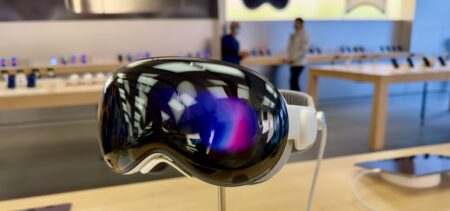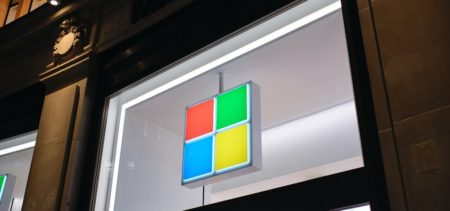In February 2017 Facebook lost $500m in the US lawsuit over the Oculus VR headset. Although the Oculus side announced it would appeal the court order, the outcome marks an important setback for Mark Zuckerberg. The Facebook CEO held a conference call in which he admitted his disappointment. Does this mean the VR bubble burst for his company, or not?
While during his testimony in the case Zuckerberg declared that his company plans to further invest around $3 billion in VR development, his main message was “patience”.
Why does VR have the potential to be yet another tech bubble?
The VR-related sales turned out to amount to less than expected in 2016. Although its supporters found arguments to make the fail relative, the facts remain as such. The investors did not get what they expected out of this technology. Tim Sweeny, the CEO of Epic, provided a reason for this – “now it’s a time for invention rather than profiting”. Will this cover the disappointment, or is it just a way of postponing a harsh truth?
Virtual Reality -based tech strives to conquer various industries. Most of them are so far entertainment-related. Cinematography, video games, educational projects – they dominate in what VR adoption is concerned. Other ecosystems try to find place and purpose for virtual reality – which is not bad, but it is not promising either. Trying to invent ways for a technology to be useful and desired is not quite what you hope for in terms of auspicious beginnings.
Does VR align well with previous technologies?
VR can integrate with already-existing devices, in fact this is how it started. Nevertheless, this symbiosis comes with limitations. Not all software is compatible, nor the potential of VR gear expressible through current technology via merging.
In order to go beyond these limits, developers create in view of VR from start til finish. They have to come up with ideas, to innovate and to put concepts into hardware and software, alike. This means that we are dealing with emerging tech, still rough around the edges. For example, experienced gamers mentioned that the quality of the VR-dedicated products is unsatisfactory. They would rather wait for better products, while sticking with the traditional console or computer games for now.
This is not favorable for the young-ish VR branch of computing. The software is still pricey as it is. How are they going to cover the public’s “waiting for better products” gap, while trying to make the technology more accessible in the same time?
How about the future (potential) technologies?
Bold new projects keep their eyes on the holographic future of visually-enhanced tech. In the mid-2016 Waiman Lam, Vice President for global marketing at ZTE Mobile Devices, revealed to Tech Radar a few details about their holograms-related plans. For a smartphone producing company, it is only logical that the innovative projects aim at revolutionizing video phone communications.
Nevertheless, R&D, funding and all, we are far from being there yet. The same source explains how “the concept of a hologram is physically impossible, because you would need to stop a light beam at a point in space”. Yet, the holo-phone technique proved viable by proxy. Microsoft’s HoloLens already enabled a Skype call to a plumber, technical indications and moves included.
While 3D is a simulation, holography escapes this conditioning. To those who try to assimilate holography with AR, the enthusiasts reply that in no way these two technologies are in the same category. This is due to the fact that holography holds an immense potential as a powerful, enganging technology.
Merging VR and holography
This mixed technology debuted in its material, commercial form at CES 2017. The Holo Cube made its entrance as a “mind-bending augmented reality” toy. The novelty of this prototype consists of users being able to “grab” holograms in their hands.
Although the creators of this gadget seem to assimilate it with AR – as opposed to the distinction mentioned above – the step forward is nonetheless important. The amazement brought in by holograms might enhance VR instead of bursting its bubble. Yet the integration complications will re-emerge, even stronger than before.
Unless VR shapes a strong identity for itself and manages to put these technologies to a more-than-entertaining use, their traction remains weak. However, they still hold an immense market potential. It’s just that the road to success implies quite a few failures for creators and investors, due to this hesitant current state.
Will Facebook drop VR?
Most likely Facebook will not drop VR. They might pause the related activities, funding and research included, for a while. As you might have noticed, the $500m court order is still to be appealed. If, however, the decision remains final, it will take some time to prepare the optimal recovery stance.













































